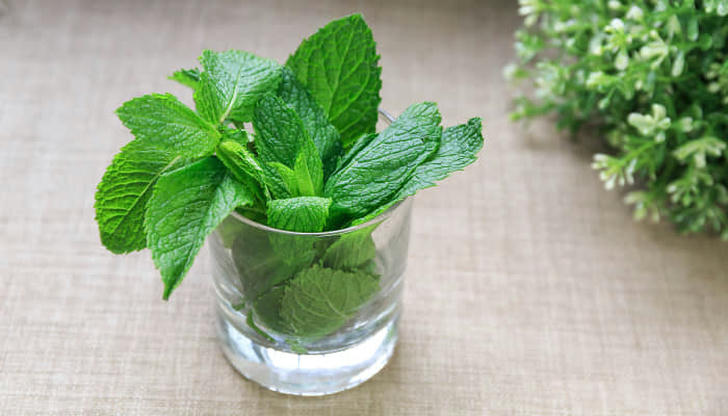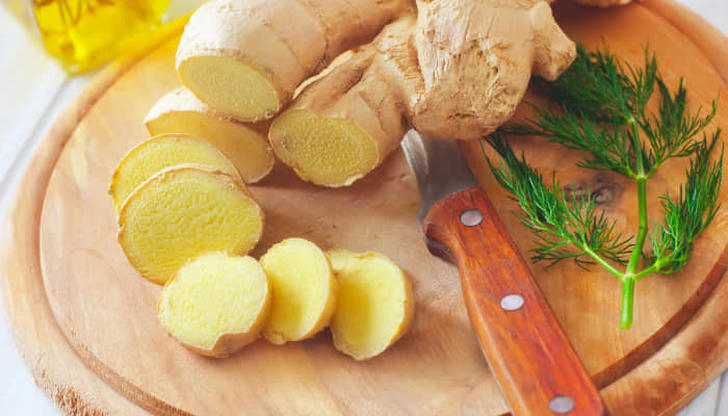10 Effective Ways to Ease Your Severe Cough

Coughing is a common symptom caused by various illnesses, allergies, or throat irritations. While it's essential for clearing irritants and infections, persistent coughing can disrupt daily life. Here, we'll explore 10 effective home remedies to ease coughing. It's crucial to consult a doctor if the cough persists and to consider age-appropriate remedies.
Furthermore, you must consider that certain remedies may be suitable for adults but not for children. Therefore, it's essential to choose remedies carefully, ensuring they are appropriate for the individual's age and health condition.
1. Try a Warm Beverage

You've probably heard of the age-old remedy of sipping chicken soup to combat a cold. Enjoying a warm drink not only provides comfort during illness but also offers relief from cold symptoms, including cough. Hot liquids hydrate the body, while the warmth helps alleviate nasal congestion, reducing the likelihood of post-nasal drip that triggers coughing. Consider options like chamomile tea or soothing warm soups for added comfort.
2. Enjoy Herbal Tea

Sipping on herbal teas like thyme, chamomile, peppermint, and licorice root can provide relief for a stubborn cough. These teas are renowned for their soothing properties, which help to suppress the cough reflex and ease throat irritation. Additionally, the warmth of the tea can stimulate the production of saliva, reducing dryness and discomfort in the throat. Thyme, in particular, has been used for centuries in traditional medicine to address respiratory issues. Its natural compounds work to relax the muscles in the throat, alleviating inflammation and promoting comfort. To prepare herbal teas, steep a teaspoon of dried herbs in hot water for about 10 minutes before straining and sipping slowly.
3. Try Honey for Relief

Honey has long been cherished as a remedy for calming coughs. Its natural antibacterial and antimicrobial properties aid in fighting infections, while its thick consistency coats and comforts an irritated throat. Enjoy a spoonful of honey before bedtime to alleviate nighttime coughing. However, it's important to note that honey should never be given to children under the age of 1 due to the risk of botulism.
4. Harness the Power of Menthol

Derived from peppermint, menthol is a natural compound known to open up airways, facilitating easier breathing and potentially alleviating coughs. This versatile ingredient can be found in chest rubs, cough drops, and even soothing peppermint tea, offering multiple avenues for relief from cough symptoms.
5. Ginger

Renowned for its antibacterial and anti-inflammatory properties, ginger serves as a potent remedy for alleviating cough symptoms. It boasts immune-boosting effects and can provide relief from pain and discomfort associated with coughing. Ginger is commonly found in teas, where it can be steeped from fresh roots or consumed in capsule form. Additionally, making ginger tea by steeping chopped ginger in warm water offers a soothing option, especially when combined with honey for added benefits against dry coughs.
6. Turmeric's Healing Properties

Turmeric, containing the potent compound curcumin, offers potential benefits for alleviating cough symptoms. Its anti-inflammatory, antiviral, and antibacterial properties make it particularly effective for addressing dry coughs. When consumed with black pepper, curcumin is better absorbed into the bloodstream, enhancing its therapeutic effects. You can incorporate turmeric into your routine by adding one teaspoon of turmeric and one-eighth teaspoon of black pepper to a cold juice or preparing it as a warm tea. This spice has been utilized in Ayurvedic medicine for centuries to treat upper respiratory conditions, bronchitis, and asthma. Available in both spice and capsule forms, turmeric is easily accessible and can be found in stores or online.
7. Bromelain

Bromelain, an enzyme found in pineapple stems and fruit, shows promise in alleviating cough symptoms by helping to suppress coughs and loosen throat mucus. Consuming a slice of fresh pineapple or drinking approximately 100 ml of pineapple juice three times a day can provide relief. Additionally, bromelain has been used to address inflammation and swelling. However, it's important to note that bromelain supplements should be avoided by children and adults taking blood thinners. Furthermore, individuals on antibiotics like amoxicillin should refrain from consuming bromelain during their course of medication because it can enhance antibiotic absorption in the body.
8. Try Salt Water Gargling

Gargling with warm salt water can provide relief for a sore or scratchy throat, commonly associated with coughing. The salt helps to reduce inflammation and eliminate bacteria, offering temporary comfort. To prepare the solution, dissolve half a teaspoon of salt in 1 cup of warm water. Gargle the mixture for a few seconds, ensuring it reaches the back of your throat, then spit it out. Repeat this process several times a day for maximum effectiveness in easing cough symptoms and soothing throat irritation.
9. Try Steam Therapy

Steam therapy is a simple yet effective remedy for easing coughing and congestion. The warm air adds moisture to the airways, helping to alleviate the discomfort associated with a cold.
Instructions: To benefit from steam therapy, you can either use a humidifier or create steam by filling a bowl with hot water. Add a few drops of essential oils, such as eucalyptus or rosemary, to enhance the therapeutic effects. Lean over the bowl and cover your head with a towel to trap the steam. Inhale the vapors deeply for about 5 minutes to help soothe your throat and alleviate congestion. Afterward, be sure to drink a glass of water to stay hydrated and cool down.
10. Elevate Your Sleeping Position

When coughs stem from colds or allergies, sleeping on a raised and tilted surface can alleviate symptoms. Lying flat allows mucus to accumulate in the throat due to gravity, leading to irritation and coughing. Elevating your head on an extra pillow or by using sturdy supports, such as thick books under the bed, helps prevent mucus buildup and reduces coughing episodes.

